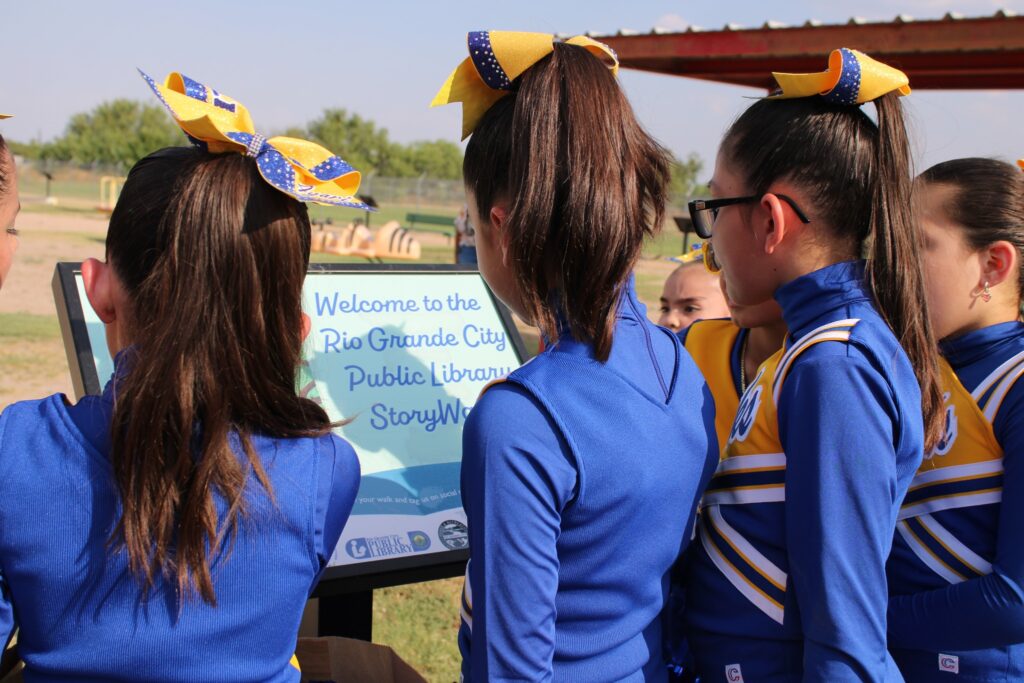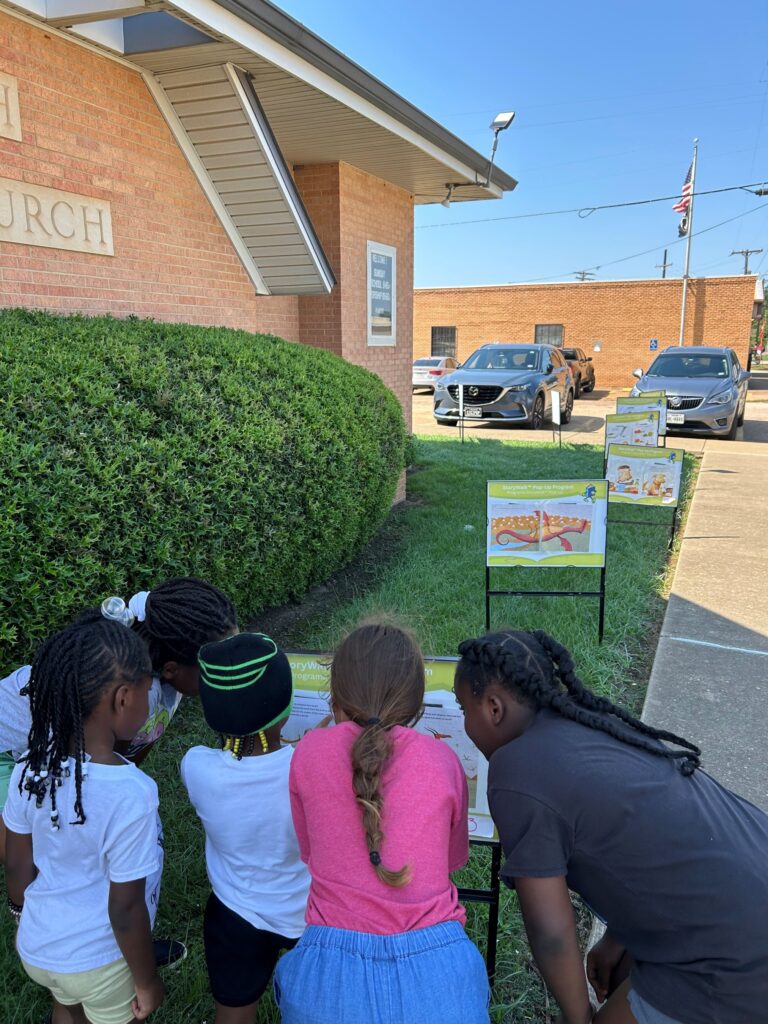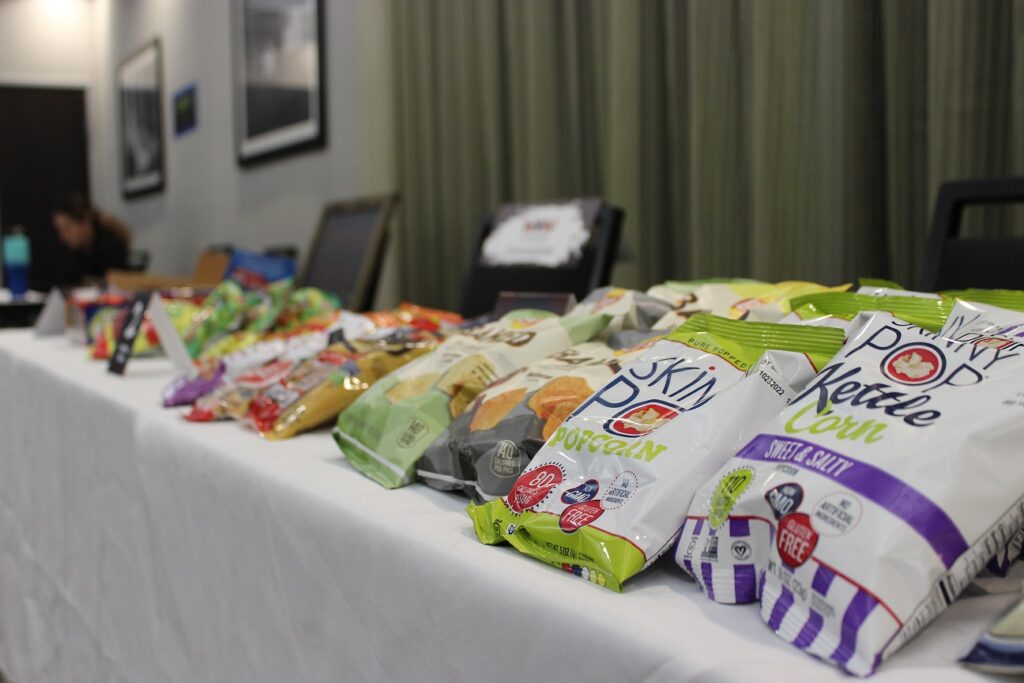
Texas A&M AgriLife’s Urban and Municipal Parks (UMP) and Working on Wellness Environments (WOW-E) annual workshop registration is open! You asked so this year we’ll tour across Texas to provide education opportunities as well as time to ideate projects to be completed in your community. The workshops are open to practitioners, volunteers, park or trail board members, friends groups, and community leaders. Check out the WOW-E (Working on Wellness Environments) technical assistance program to see if you are in a community eligible for partial registration support.
From Dream to Green: Best Practices in Modern Day Park Planning
8:30am – 12:30pm
Learn how to compile or update a Community Park System or Site Plan. We will review common components of plans, identify what is most meaningful for your organization, and provide time to brainstorm how to begin implementing a planning process for your park system or specific sites within your community.
Dates & Locations
- December 9 – Denton, TX
- January 6 – Rosenberg, TX
- January 27 – Corpus Christi, TX
- February 25 – Dallas, TX
- March 3 – San Angelo, TX
- March 17 – Nacogdoches, TX
- March 24 – Canyon, TX
- April 8 – El Paso, TX
- April 28 – Wimberley, TX
Strengthening Your Prospects: Grant Writing 101 for Parks, Trails, and Open Spaces
1:30pm – 4:30pm
Attendees will learn basic grant writing concepts, including how to look for grants, best practices in writing grants, and key terms such as logic models, milestones, etc. We’ll practice writing common grant proposal sections and review best practices for support materials.
Dates & Locations
- December 9 – Denton, TX
- January 6 – Rosenberg, TX
- January 27 – Corpus Christi, TX
- February 25 – Dallas, TX
- March 3 – San Angelo, TX
- March 17 – Nacogdoches, TX
- March 24 – Canyon, TX
- April 8 – El Paso, TX
- April 28 – Wimberley, TX
Enhancing Park Safety with CPTED Principles
8:30am – 12:30pm
Attendees will learn Crime Prevention Through Environmental Design (CPTED) basic principles, evaluate a site, review CPTED in park plans and policies, and devise feasible, local action steps.
Dates & Locations
- December 10 – Denton, TX
- January 7 – Rosenberg, TX
- January 28 – Corpus Christi, TX
- February 26 – Dallas, TX
- March 4 – San Angelo, TX
- March 18 – Nacogdoches, TX
- March 25 – Canyon, TX
- April 9 – El Paso, TX
- April 29 – Wimberley, TX
Building from Ground up: Creating your Park Maintenance Plan
1:30pm – 4:30pm
This course is designed to motivate you to start or update a maintenance/operations plan. We’ll review the value of maintenance plans, discuss key components of plans, identify what is meaningful for your organization, provide time to assess and review various maintenance plans, and allow you time to brainstorm how to get started on a plan for your organization.
Dates & Locations
- December 10 – Denton, TX
- January 7 – Rosenberg, TX
- January 28 – Corpus Christi, TX
- February 26 – Dallas, TX
- March 4 – San Angelo, TX
- March 18 – Nacogdoches, TX
- March 25 – Canyon, TX
- April 9 – El Paso, TX
- April 29 – Wimberley, TX
Full Urban and Municipal Parks 2025 – 2026 Workshop Schedule
- December 9 – Denton, TX 8:30am – 12:30pm: From Dream to Green: Best Practices in Modern Day Park Planning
- December 9 – Denton, TX 1:30pm – 4:30pm: Strengthening Your Prospects: Grant Writing 101 for Parks, Trails, and Open Spaces
- December 10 – Denton, TX 8:30am – 12:30pm: Enhancing Park Safety with CPTED Principles
- December 10 – Denton, TX 1:30pm – 4:30pm: Building from Ground up: Creating your Park Maintenance Plan
- January 6 – Rosenberg, TX 8:30am – 12:30pm: From Dream to Green: Best Practices in Modern Day Park Planning
- January 6 – Rosenberg, TX 1:30pm – 4:30pm: Strengthening Your Prospects: Grant Writing 101 for Parks, Trails, and Open Spaces
- January 7 – Rosenberg, TX 8:30am – 12:30pm: Enhancing Park Safety with CPTED Principles
- January 7 – Rosenberg, TX 1:30pm – 4:30pm: Building from Ground up: Creating your Park Maintenance Plan
- January 27 – Corpus Christi, TX 8:30am – 12:30pm: From Dream to Green: Best Practices in Modern Day Park Planning
- January 27 – Corpus Christi, TX 1:30pm – 4:30pm: Strengthening Your Prospects: Grant Writing 101 for Parks, Trails, and Open Spaces
- January 28 – Corpus Christi, TX 8:30am – 12:30pm: Enhancing Park Safety with CPTED Principles
- January 28 – Corpus Christi, TX 1:30pm – 4:30pm: Building from Ground up: Creating your Park Maintenance Plan
- February 25 – Dallas, TX 8:30am -12:30pm: From Dream to Green: Best Practices in Modern Day Park Planning
- February 25 – Dallas, TX 1:30pm – 4:30pm: Strengthening Your Prospects: Grant Writing 101 for Parks, Trails, and Open Spaces
- February 26 – Dallas, TX 8:30am – 12:30pm: Enhancing Park Safety with CPTED Principles
- February 26 – Dallas, TX 1:30pm – 4:30pm: Building from Ground up: Creating your Park Maintenance Plan
- March 3 – San Angelo, TX 8:30am – 12:30pm: From Dream to Green: Best Practices in Modern Day Park Planning
- March 3 – San Angelo, TX 1:30pm – 4:30pm: Strengthening Your Prospects: Grant Writing 101 for Parks, Trails, and Open Spaces
- March 4 – San Angelo, TX 8:30am – 12:30pm: Enhancing Park Safety with CPTED Principles
- March 4 – San Angelo, TX 1:30pm – 4:30pm: Building from Ground up: Creating your Park Maintenance Plan
- March 17 – Nacogdoches, TX 8:30am – 12:30pm: From Dream to Green: Best Practices in Modern Day Park Planning
- March 17 – Nacogdoches, TX 1:30pm – 4:30pm: Strengthening Your Prospects: Grant Writing 101 for Parks, Trails, and Open Spaces
- March 18 – Nacogdoches, TX 8:30am – 12:30pm: Enhancing Park Safety with CPTED Principles
- March 18 – Nacogdoches, TX 1:30pm – 4:30pm Building from Ground up: Creating your Park Maintenance Plan
- March 24 – Canyon, TX 8:30am – 12:30pm: From Dream to Green: Best Practices in Modern Day Park Planning
- March 24 – Canyon, TX 1:30pm – 4:30pm Strengthening Your Prospects: Grant Writing 101 for Parks, Trails, and Open Spaces
- March 25 – Canyon, TX 8:30am – 12:30pm: Enhancing Park Safety with CPTED Principles
- March 25 – Canyon, TX 1:30pm – 4:30pm: Building from Ground up: Creating your Park Maintenance Plan
- April 8 – El Paso, TX 8:30am – 12:30pm: From Dream to Green: Best Practices in Modern Day Park Planning
- April 8 – El Paso, TX 1:30pm – 4:30pm: Strengthening Your Prospects: Grant Writing 101 for Parks, Trails, and Open Spaces
- April 9 – El Paso, TX 8:30am – 12:30pm: Enhancing Park Safety with CPTED Principles
- April 9 – El Paso, TX 1:30pm – 4:30pm: Building from Ground up: Creating your Park Maintenance Plan
- April 28 – Wimberley, TX 8:30am – 12:30pm: From Dream to Green: Best Practices in Modern Day Park Planning
- April 28 – Wimberley, TX 1:30pm – 4:30pm: Strengthening Your Prospects: Grant Writing 101 for Parks, Trails, and Open Spaces
- April 29 – Wimberley, TX 8:30am – 12:30pm: Enhancing Park Safety with CPTED Principles
- April 29 – Wimberley, TX 1:30pm – 4:30pm: Building from Ground up: Creating your Park Maintenance Plan




